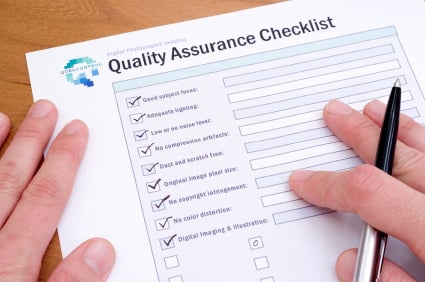What is Good Clinical Practice?
One part of Quality Assurance in Clinical Trials is adhering to Good Clinical Practice (GCP). GCP is defined by EU Directive 2001/20/EC, article 1, clause 2 as:
“a set of internationally recognised ethical and scientific quality requirements which must be observed for designing, conducting, recording and reporting clinical trials that involve the participation of human subjects.”
Who Created GCP?
The International Conference on Harmonisation (ICH); a group consisting of the regulatory authorities of the European Union, Japan and the United States of America, produced a set of guidelines to ensure that:
- The data and results of clinical trials are credible and accurate.
- The rights, safety, well-being, and confidentiality of participants in clinical trials are respected and protected.
What Does GCP Cover?
Since being written in 1996 and used across the world as a set of guidelines, GCP has become law as of 2004 for all investigational medicinal product clinical trials in the European Union.
The 13 Principals of GCP
- Clinical trials should be conducted in accordance with the ethical principles that have their origin in the Declaration of Helsinki, and that are consistent with GCP and the applicable regulatory requirement(s).
- Before a trial is initiated, foreseeable risks and inconveniences should be weighed against the anticipated benefit for the individual trial subject and society. A trial should be initiated and continued only if the anticipated benefits justify the risks.
- The rights, safety, and well-being of the trial subjects are the most important considerations and should prevail over interests of science and society.
- The available nonclinical and clinical information on an investigational product should be adequate to support the proposed clinical trial.
- Clinical trials should be scientifically sound, and described in a clear, detailed protocol.
- A trial should be conducted in compliance with the protocol that has received prior institutional review board (IRB)/independent ethics committee (IEC) approval/favourable opinion.
- The medical care given to, and medical decisions made on behalf of, subjects should always be the responsibility of a qualified physician or, when appropriate, of a qualified dentist.
- Each individual involved in conducting a trial should be qualified by education, training, and experience to perform his or her respective task(s).
- Freely given informed consent should be obtained from every subject prior to clinical trial participation.
- All clinical trial information should be recorded, handled, and stored in a way that allows its accurate reporting, interpretation and verification.
- The confidentiality of records that could identify subjects should be protected, respecting the privacy and confidentiality rules in accordance with the applicable regulatory requirement(s).
- Investigational products should be manufactured, handled, and stored in accordance with applicable good manufacturing practice (GMP). They should be used in accordance with the approved protocol.
- Systems with procedures that assure the quality of every aspect of the trial should be implemented.



